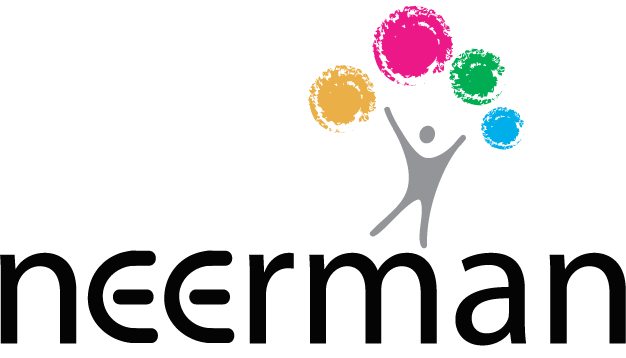
Assessing the impact of Tiko platform on Family Planning and Antenatal Care
December 22, 2021
Quarterly Process Monitoring System for UNICEF
December 22, 2021Randomized Controlled Trial of Total Sanitation and Sanitation Marketing

NEERMAN partnered with a health-based non-profit to conduct a health impact Despite decades of investment in community-led sanitation programmes that focused on demand generation and strengthening supply chain of sanitation marketplace, no credible evidence existed if these approaches actually worked! The World Bank commissioned a three-country evaluation to assess if their TSSM programme can reduce diarrhoea and stunting risks. NEERMAN in collaboration with UC Berkeley designed and led this RCT. This was the first ever published RCT of health impacts from a large scale sanitation programme in the World, and a top journal PLoS Medicine published it on fast track. We found no impacts on any health or nutrition outcomes because toilets use did not become a universal practice; sanitation is ‘all or nothing’ type of intervention! Read article in the Hindu where Dr Patil explains what these results mean. This paper along with other trials that followed shifted the focus on ensuring 100% open defecation free India; and indeed that’s what the Indian government achieved between 2014-19!of their intervention in India. Their intervention was a platform which uses technology and principles of social franchising and social marketing to develop and ecosystem of private doctors, pharmacists who provide FP and ANC services to its users. We conducted primary research using quantitative and qualitative tools to gauge the impact of their intervention. Furthermore, we also analysed the organization’s internal data to estimate family planning related outcomes like Cost per Couple Years Protection using tools like Impact 2 and LiST. The key results and findings of the evaluation are going to be published soon in a research journal – titled “How Markets, Incentives, and Health Promotion Change Family Planning and Antenatal Care Practices: A Mixed Methods Evaluation of a Tech-Driven Ecosystem in India”.



